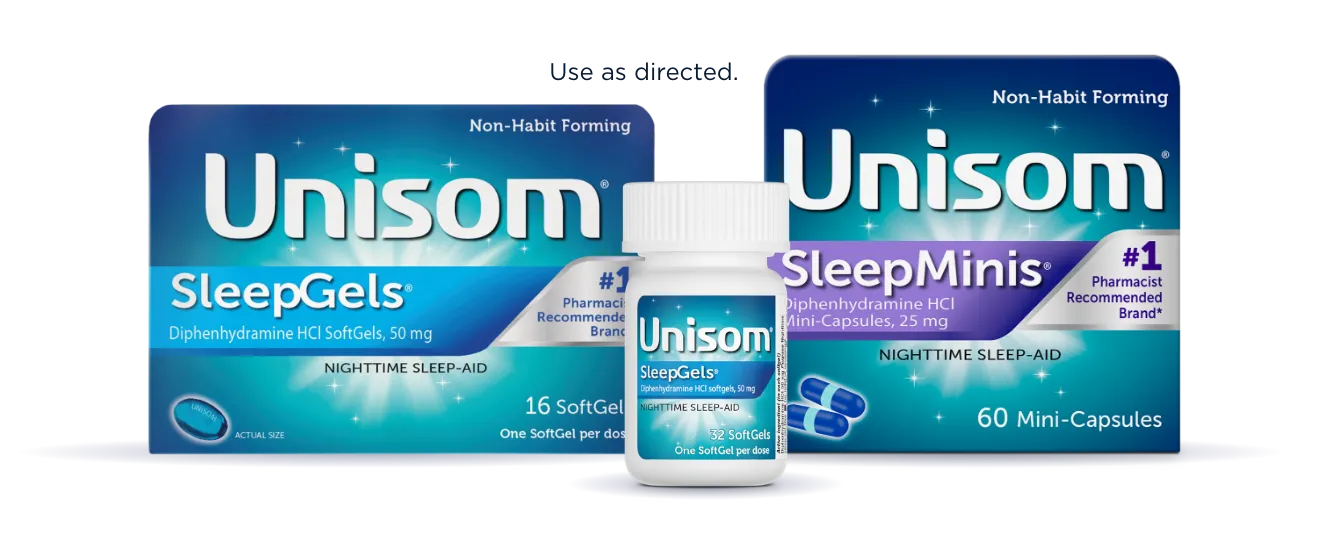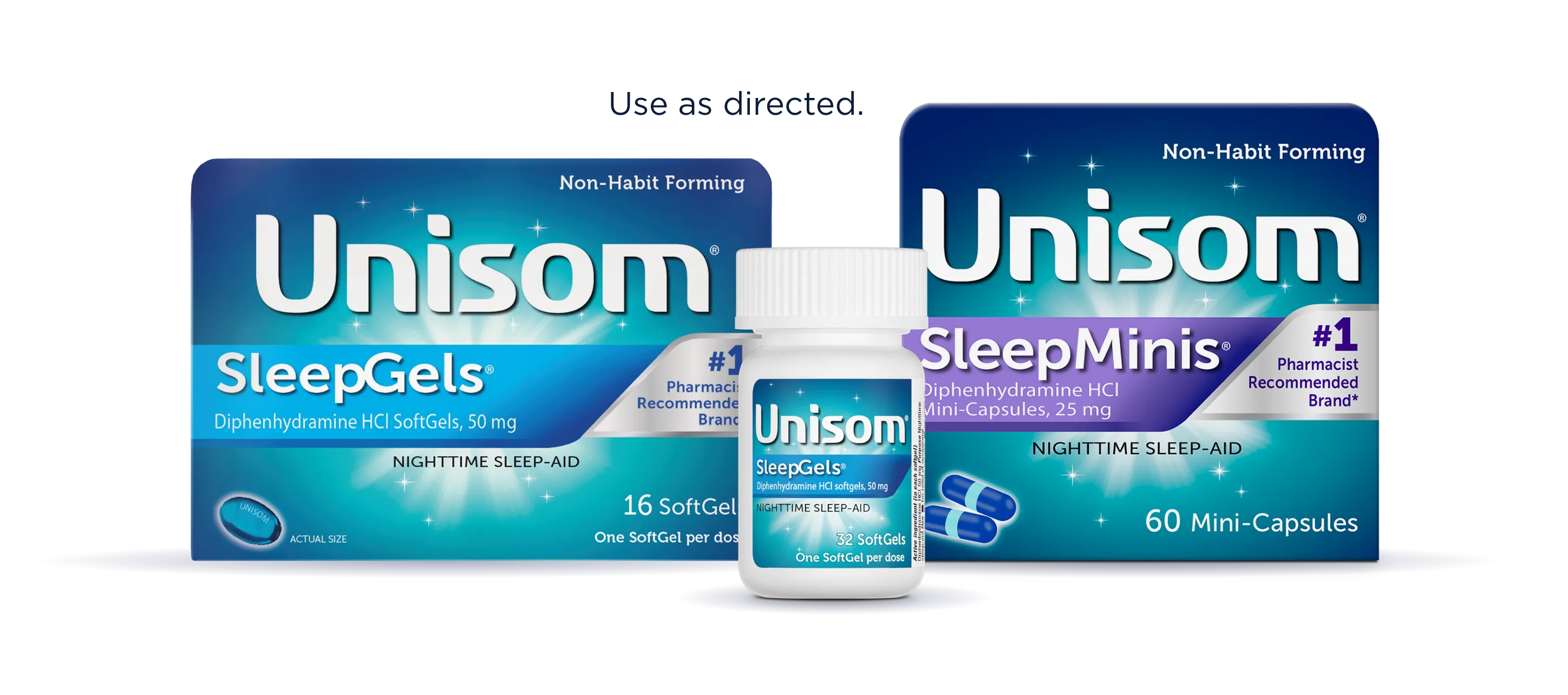There are many factors outside of your control that can negatively affect your ability to get a good night’s rest—from stress to a snoring partner or disruptive aches and pains. However, what you may not know is that there are some simple and effective ways to promote high-quality, uninterrupted sleep. Practicing good sleep hygiene (healthy sleep habits) offers a powerful way to take control over your nighttime slumber and forge a path towards more well-rested, energized days ahead.
Read on to learn the basics of good sleep hygiene, including a handy sleep hygiene checklist to help you start improving the quality of your slumber.
What Is Sleep Hygiene?
Implementing good sleep hygiene practices involves optimizing your lifestyle and sleeping environment to prime yourself for getting the best sleep possible. That means following consistent daytime and nighttime routines that ease the transition into your nightly slumber. Poor sleep hygiene, on the other hand, is when your daily habits—like consuming caffeine, large meals, or alcohol too close to bedtime—disrupt your ability to wind down and fall asleep at night. This can lead to ongoing concerns, such as trouble falling asleep, daytime sleepiness, or waking up often at night. It can also impact your mood, leaving you feeling groggy and irritable.
Why Is Good Sleep Hygiene Important?
Proper or improper sleep hygiene directly influences how well you sleep each night. And getting a solid sleep is crucial to your wellbeing, daily performance, and quality of life. Research shows that ongoing sleep troubles can not only increase your risk of certain medical illnesses, they can also cause you to take more risks, make poorer decisions, and lower your performance at school or at work.1
In our modern world, we are increasingly faced with jam-packed schedules, prolonged screen time, and heightened levels of stress that—if left unchecked—can negatively impact your sleep and quality of life. Remaining mindful and proactive with effective sleep hygiene can help ensure you feel your best during the day, while giving your body the crucial recovery time it requires each night.
How To Improve Sleep Hygiene
If you really want to enhance your sleep hygiene for the best Zzzs possible, you’re going to have to take a close look at your lifestyle and the way you tuck yourself in at night. According to research, positive habits play a fundamental role in overall health and wellness—especially when it comes to sleep.2
But remember: Although good sleep hygiene practices can result in big pay-offs for many sleepers, sleep hygiene recommendations aren’t meant to be a rigid rulebook—but rather, flexible recommendations. You can adapt the below sleep hygiene tips to fit your lifestyle, and create a personalized sleep hygiene checklist that suits your needs.
The Ultimate Sleep Hygiene Checklist
To help you get started, we’ve put together a sleep hygiene checklist, incorporating all of our key recommendations for good sleep hygiene. The below questions serve as a great starting point to help you discover which areas of sleep hygiene you can improve on for a better night’s rest.
#1: Do you have a regular sleeping and waking schedule?
A consistent sleep schedule—meaning you wake up and go to bed at the same time, even on weekends—is one of the most essential components of sleep hygiene. With that being said, if your sleep schedule needs some serious adjusting, the National Institutes of Health (NIH) recommends easing into it slowly with gradual adjustments—by about 1-2 hours per day.1 This can take at least a couple of days if you’re adapting to a new time zone, but with a consistent sleep routine, it’s possible to realign your body’s internal clock.
#2: Do you have a calming nighttime routine?
A regular snooze-time routine that incorporates ways to destress is also a crucial element of good sleep hygiene. This generally means keeping activities that are not related to sleep outside of the bedroom and engaging in relaxing and calming activities before bed. This can include taking a warm bath or putting on some soothing tunes, for example. Relaxing aromatherapy scents, like lavender, can also help put your mind at ease when it comes time to wind down. You can try testing different methods of relaxation to find what resonates with you, and get ready for a peaceful trip to dreamland.
#3: Is your bedroom a peaceful sleeping oasis?
No sleep hygiene checklist would be complete without assessing your sleeping environment. Sleep is a sacred and cherished part of life, and therefore, your bedroom should reflect this. Ideally, it should be set up as an oasis that you can escape to each night. You’re going to spend a lot of time snoozing—approximately one-quarter to one-third of your entire life,3 to be exact—so to begin, you’ll want to invest some time in choosing a comfortable mattress, pillow, and bedding.
Other sleep hygiene tips for an optimized sleep environment include keeping temperatures on the cooler side (in the range of 60-67 degrees Fahrenheit), as well as keeping your lights dimmed or turned off, and blocking out any unwanted noise. And since the blue light emitted from electronic devices can suppress melatonin production (an important hormone for sleep), you may want to put down your phone and cut off binging any shows about 30-60 minutes before bed to give your mind some time to really unplug.
#4: Are your dietary choices impacting your sleep?
Although diet and sleep may not seem directly related at first glance, there are actually many ways in which your diet can affect your sleep. The National Sleep Foundation recommends wrapping up all meals at least 2-3 hours before hitting the sack.4 It’s also recommended to avoid eating any heavy, spicy foods before bed, so that your body’s not still trying to digest them when you’re attempting to catch some shut-eye.
Other dietary choices you may want to curb if you’re experiencing sleep troubles are excessive alcohol and caffeine intake, or drinking these beverages too close to bedtime. This can interfere with falling asleep and staying soundly slumbering.
#5: Are you physically active during the day?
Not only does regular exercise offer a multitude of health benefits, it can help you doze off easier at night, too. Low-impact activities, such as restorative yoga or walking, may even be helpful when it comes to managing other sleep roadblocks, such as stiffness or nighttime aches and pains.
For even more sleep hygiene bonus points, try spending at least 30 minutes daily outdoors in natural sunlight, which according to the NIH, is critical to regulating your circadian rhythm (the body’s internal clock). This, in turn, can help promote high-quality slumber.1
#5: Are you frequently taking naps?
If you’re finding yourself tossing and turning at night, you may have excessive daytime naps to blame. It’s generally recommended for most sleepers to limit naps, especially after 3 p.m., and try to keep them under one hour—as they can make it more challenging to drift off at night.
Of course, if you are experiencing persistent sleep issues or daytime sleepiness that lasts longer than two consecutive weeks, seek the help of a qualified health professional, as this may be a sign of an underlying medical issue.
Rest Assured
When nights get tough and you need some extra support, Unisom® is here for you. The #1 pharmacist- and doctor-recommended OTC sleep-aid brand, Unisom offers a range of options to help you fall asleep, stay asleep longer, and wake up feeling refreshed.†
Unisom® SleepGels® contain the histamine blocker sleep-aid diphenhydramine HCI. Blocking histamine production can help you fall asleep faster and stay asleep.
Unisom® SleepTabs® contain doxylamine succinate, which is a clinical-strength histamine blocker sleep-aid that works in a similar fashion to diphenhydramine. Unisom® SleepTabs® can help you fall asleep 33% faster and get a full night's sleep.
Find the Unisom product that’s right for you and download the Unisom Sleep Diary.
|
† These statements have not been evaluated by the Food and Drug Administration. This product is not intended to diagnose, treat, cure or prevent any disease. |
This article is not a substitute for medical advice. Unisom is only intended to help with occasional sleeplessness. If you are suffering from ongoing sleep concerns, seek the help of a medical professional.
Professional References
1. U.S. Department of Health & Human Services. Your Guide to Healthy Sleep. National Institutes of Health, National Heart Lung and Blood Institute. NIH publication no.
11-5800. Originally printed April 2006. Revised September 2011.
2. Gardner, Benjamin et al. “Making health habitual: the psychology of 'habit-formation' and general practice.” The British journal of general practice : the journal of the Royal College of General Practitioners vol. 62,605 (2012): 664-6. doi:10.3399/bjgp12X659466
3. John Hopkins Medicine. “The Science of Sleep: Understanding What Happens When You Sleep.” 2022.
4. National Sleep Foundation. “10 Tips for a Better Night's Sleep.” Sleep Foundation, 30 Oct. 2020.
†These statements have not been evaluated by the Food and Drug Administration. This product is not intended to diagnose, treat, cure or prevent any disease.


